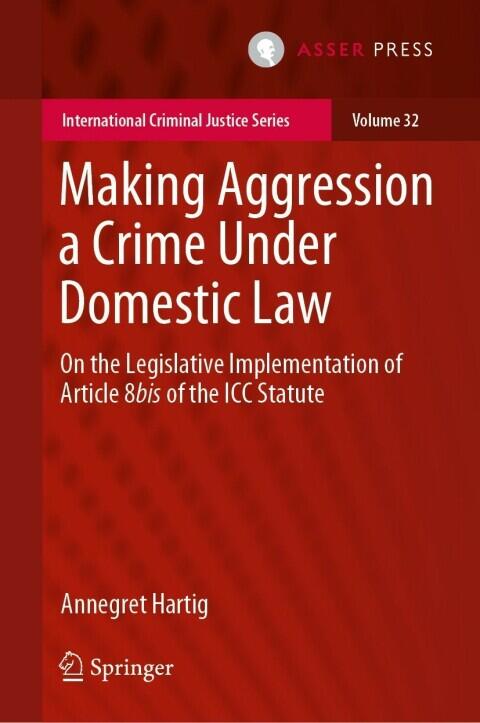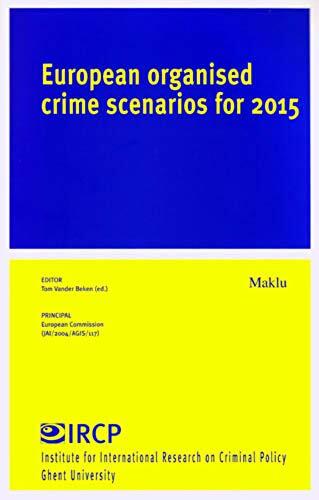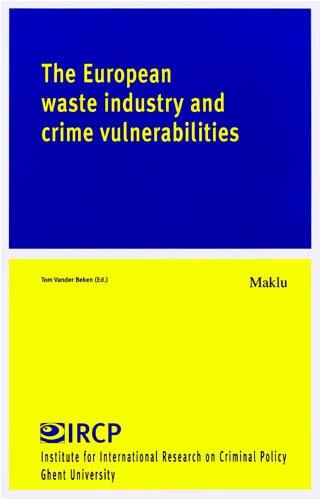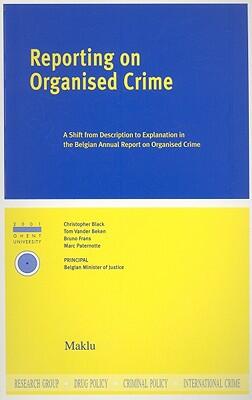
Making Aggression a Crime Under Domestic Law: On the Legislative Implementation of Article 8bis of the ICC Statute
por
Annegret Hartig
Aún sin calificaciones
Mystery
Formato
Kindle
Páginas
990
Idioma
Inglés
Publicado
Jan 1, 2023
Editorial
T.M.C. Asser Press
Edición
2
ISBN-10
946265591X
ISBN-13
9789462655911
Descripción
Annegret Hartig delves into the complex realm of international law in her exploration of how aggression can be criminalized under domestic statutes. Examining Article 8bis of the International Criminal Court's Statute, she meticulously outlines the legislative challenges and implications of implementing this provision. Hartig’s work is not merely theoretical; it scrutinizes the practical hurdles nations face when integrating international standards into their legal frameworks.
Through a rigorous analysis of current legislation, Hartig identifies gaps and inconsistencies that may hinder effective prosecution of aggressive acts. Her examination extends beyond mere legal text; she incorporates a dialogue on ethical considerations, state sovereignty, and the role of national courts in the broader context of international justice. The book serves as a clarion call for lawmakers, urging them to take a more proactive stance in combating aggression on a global scale.
The narrative is structured to foster a deeper understanding of the intricate interplay between domestic and international law. Hartig skillfully articulates the importance of harmonizing local legislation with international obligations, providing a roadmap for jurisdictions eager to enhance their legal repertoires.
Ultimately, this work stands as a critical resource for legal scholars, practitioners, and policymakers. It invites reflection on pressing questions of justice and accountability while empowering readers to envision a future where aggression is unequivocally recognized and prosecuted as a crime.
Through a rigorous analysis of current legislation, Hartig identifies gaps and inconsistencies that may hinder effective prosecution of aggressive acts. Her examination extends beyond mere legal text; she incorporates a dialogue on ethical considerations, state sovereignty, and the role of national courts in the broader context of international justice. The book serves as a clarion call for lawmakers, urging them to take a more proactive stance in combating aggression on a global scale.
The narrative is structured to foster a deeper understanding of the intricate interplay between domestic and international law. Hartig skillfully articulates the importance of harmonizing local legislation with international obligations, providing a roadmap for jurisdictions eager to enhance their legal repertoires.
Ultimately, this work stands as a critical resource for legal scholars, practitioners, and policymakers. It invites reflection on pressing questions of justice and accountability while empowering readers to envision a future where aggression is unequivocally recognized and prosecuted as a crime.
Reseñas
No hay reseñas aún
Sé el primero en reseñar este libro y compartir tus pensamientos
Añadir Primera ReseñaRegistro de lectura
No se encontraron registros de lectura
Empieza a rastrear tu progreso de lectura para ver los registros aquí
Agrega tu primer registro de lecturaNotas
Registro de transacciones
No se encontraron registros de transacciones
Empieza a rastrear tus transacciones de libros para ver los registros aquí
Agrega tu primer registro de transacciones



